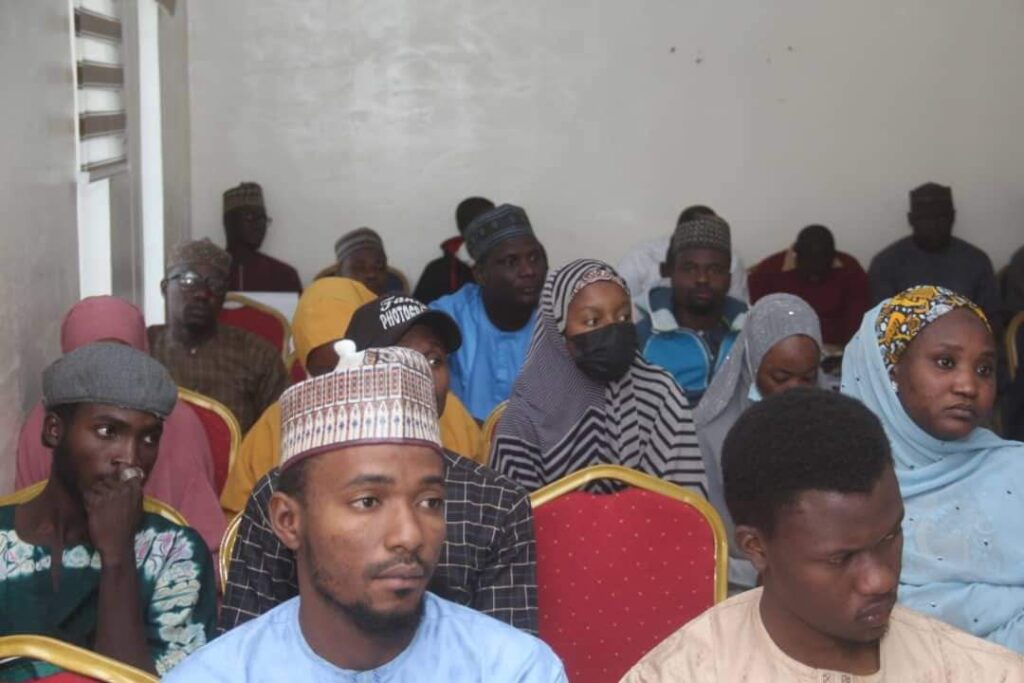The Centre for Information Technology and Development (CITAD) in Kano State has launched a new phase of training designed to empower young individuals with skills in digital technology repair, recovery, and reuse (3R).
The event, held at CITAD office in Kano, aimed to address the health risks associated with electronic waste (e-waste) and promote a circular economy model in Nigeria.
During the orientation session CITADs executive director Engineer Yunusa Zakaria Ya’u represented by Abdulrahman Babatunde, emphasized the importance of active participation in the training.
SIMILAR: CITAD Celebrate World MSMEs Day In Kano
“Your active participation in this training is crucial. The knowledge and skills you gain here will help you craft business plans that can be registered with the Corporate Affairs Commission, ensuring effective service delivery and business growth,” he stated.
He pointed out that the core goal of the training is to equip participants with strategies for implementing a refurbished approach to e-waste management and integrating the circular economy.
The executive director hinted that transforming e-waste into functional devices will not only protect public health but also create economic opportunities, generate employment, and contribute to national economic growth.
“This training is designed not just to manage e-waste but to transform it into economic opportunities. By refurbishing and reusing electronic devices, we are protecting public health and contributing to the national economy,”
Founder of Green Foundation, Sadiq Adamu spoke on how electronic waste can be utilized and turned into entrepreneurship for self-reliance.
He explained how the circular economy aims to prolong product lifespan, regenerate resources, and minimize waste, addressing global challenges like climate change and biodiversity loss.
“Entrepreneurship starts with seeing value where others see waste. By turning e-waste into functional products, you are creating self-reliance and contributing to a sustainable future,”
Adamu urged participants to utilize their acquired knowledge effectively to eradicate e-waste from their communities and champion the circular economy as a catalyst for positive change in our interconnected and competitive world.
“The circular economy is not just a concept; it’s a solution to many global challenges. By extending the life of products and minimizing waste, we are actively fighting climate change and protecting our biodiversity,”





